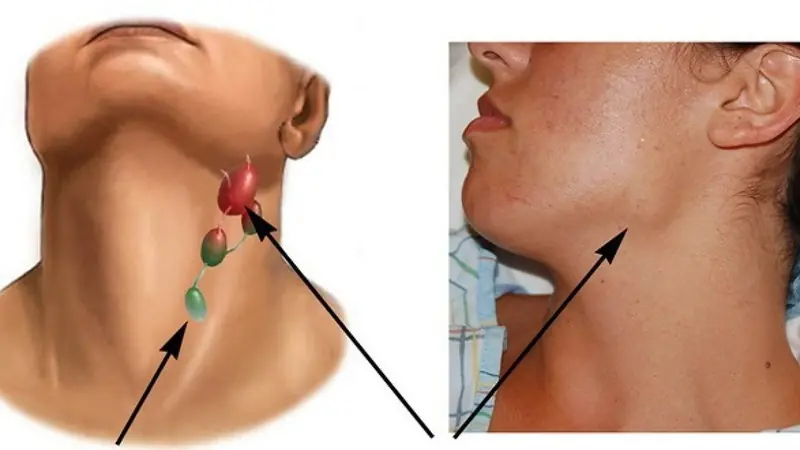
Breakthrough Blood Test Detects Cancer Years Before Symptoms Appear
Breakthrough Blood Test Detects Cancer Years Before Symptoms Appear
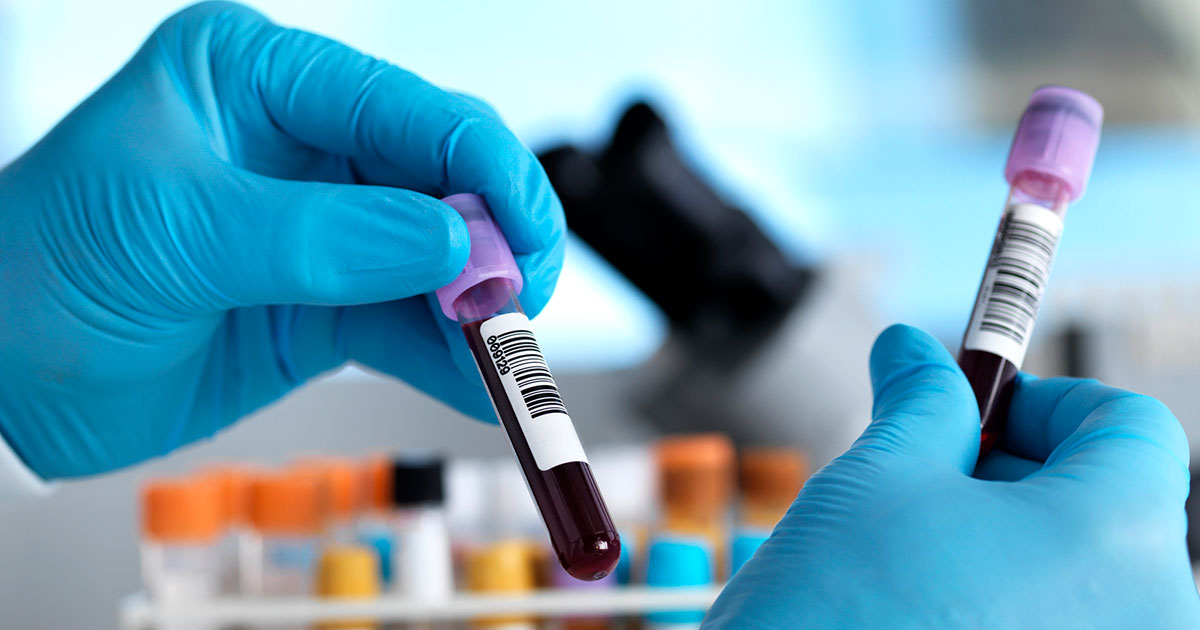
Imagine a future where a routine blood test could warn you of cancer years before any symptoms emerge. Thanks to recent breakthroughs by researchers at Johns Hopkins University, this once science-fiction scenario could soon become a reality.
In a groundbreaking study published in Cancer Discovery, scientists unveiled a blood test capable of detecting cancer up to three years before it would typically be diagnosed using current methods. This significant leap forward has the potential to fundamentally reshape our approach to one of the world's deadliest diseases, shifting focus from reactive treatment to proactive prevention.
How Cancer Leaves Its Mark in the Blood
All cells, including cancerous ones, shed tiny fragments of DNA into the bloodstream. These fragments are known as circulating tumor DNA (ctDNA). While healthy cells also release DNA, ctDNA carries specific mutations or markers that signal something is amiss.
The Johns Hopkins researchers harnessed this biological "breadcrumb trail" using advanced genetic sequencing technologies. They analyzed 52 stored blood samples that had originally been collected for cardiovascular studies. Of these, 26 samples were from individuals later diagnosed with cancer, and 26 were from individuals who remained cancer-free.
The test they employed, a Multicancer Early Detection (MCED) test, successfully flagged signs of cancer in 8 of the 26 samples from people who would eventually receive a diagnosis. Crucially, four of those eight showed strong genetic indicators directly linked to tumor activity, years before conventional diagnosis.
Why Early Cancer Detection is a Game-Changer
Early detection is widely considered one of the most powerful tools in the fight against cancer. Most treatments are significantly more effective and less aggressive when a tumor is still small and hasn't yet spread.
When cancer is caught in its early stages, survival rates dramatically improve. For instance, the American Cancer Society reports that the five-year survival rate for localized breast cancer is around 99%, but this figure drops sharply once the cancer has metastasized (spread).
Lead researcher Dr. Yuxuan Wang emphasized the profound impact of this early warning: “Three years earlier provides time for intervention. The tumors are likely to be much less advanced and more likely to be curable.” It's akin to spotting a small spark before it ignites into a raging wildfire.
Hurdles Ahead: Addressing Critical Questions
While this test shows immense promise, scientists are quick to point out that it's still in its early stages. Dr. Nickolas Papadopoulos, another senior member of the research team, highlighted the pressing need to determine what happens after a positive test result when no visible tumor has yet been found. What kind of follow-up care is appropriate? Could this lead to unnecessary biopsies or scans, causing undue panic and procedures?
Accuracy is another key concern. Early cancer detection tests must strike a delicate balance to avoid false positives (which can cause distress and unnecessary interventions) and false negatives (which could miss early cancers entirely).
Dr. Hilary Robbins, an epidemiologist with the World Health Organization, offered a cautionary perspective: “Screening interventions that are done on very broad swaths of the population — most of whom will not benefit — should be very well characterized. And their benefits should be proven before they’re rolled out.”
The Bigger Picture: Revolutionizing Cancer Screening
The concept of a single, universal blood test for cancer is incredibly enticing. Traditionally, different cancers require distinct screening tools – mammograms for breast cancer, colonoscopies for colorectal cancer, and so on. However, MCED tests aim to consolidate detection into one minimally invasive, routine procedure.
Companies like Grail (backed by tech giant Illumina) are already developing similar tests, such as the Galleri test, which claims to screen for over 50 types of cancer from a single blood sample. These emerging technologies fall under the umbrella of liquid biopsy, an innovative field that identifies tumors through bodily fluids like blood or saliva, offering an alternative to more invasive traditional tissue biopsies.
If widely adopted and refined, liquid biopsies could not only reduce the need for uncomfortable diagnostic procedures but, more importantly, catch cancer when it is most treatable, significantly improving patient outcomes.
What Comes Next for This Breakthrough?
The Johns Hopkins team plans to expand their studies, enrolling larger and more diverse groups of participants. While the current sample size of 52 is promising, it's not yet sufficient to change clinical practice. Researchers also need to answer crucial questions, such as:
-
Which specific cancer types are easiest (or hardest) to detect using this method?
-
How frequently would individuals need to take the test for optimal screening?
-
Could this revolutionary test become a standard part of a yearly physical examination?
Regulatory bodies, including the U.S. Food and Drug Administration (FDA), will play a critical role. Before such tests become widely available to the public, they must undergo rigorous testing, validation, and approval – a process that could span several years.
Hope on the Horizon: A New Era in Cancer Diagnostics
Despite the significant hurdles that remain, one truth is clear: we are entering an unprecedented era in cancer diagnostics. The ability to detect cancer years before symptoms appear has the potential to fundamentally shift our entire healthcare system from one focused on late-stage treatment to one rooted in early intervention and prevention.
Dr. Bert Vogelstein, another key figure in the study and a pioneer in cancer genomics, eloquently summarized the potential: “This study shows the promise of MCED tests in detecting cancers very early, and sets the benchmark sensitivities required for their success.”
In the near future, your annual check-up might offer more than just insights into your cholesterol or vitamin levels. It could quietly be scanning for the earliest whispers of disease, potentially giving you a crucial fighting chance long before cancer has a discernible voice.
The Promise: Catching Cancer in the Bloodstream
The Johns Hopkins team's initial findings are compelling: Out of 26 participants who later developed cancer, their MCED test correctly identified early signs in 8 cases. Four of these even showed tumor-linked genetic mutations years before any symptoms surfaced. Dr. Yuxuan Wang highlights the significance: "Three years earlier provides time for intervention. The tumors are likely to be much less advanced and more likely to be curable." The core idea is to detect cancer at a molecular level while it's still quietly forming, rather than waiting for it to manifest visibly.
The Broader Landscape: Supporting Research and Developments
This Johns Hopkins study is part of a larger, evolving field. Other researchers and organizations are also enthusiastically, yet cautiously, pursuing similar goals. For instance, Grail's Galleri Test, a commercially available liquid biopsy, screens for over 50 types of cancer by analyzing methylation patterns in ctDNA. However, while such tests show high accuracy for late-stage cancers, their sensitivity for early-stage tumors—where lives are most saveable—is still being refined. Experts also caution against "lead-time bias," where earlier detection might create an illusion of improved survival without actually changing the disease outcome.
The Science: How Liquid Biopsies Work
MCED and liquid biopsy technologies leverage the concept of circulating tumor DNA (ctDNA)—fragments of DNA shed by cancer cells into the bloodstream. Using high-throughput sequencing, these technologies scan blood for telltale genetic mutations or epigenetic changes. The Johns Hopkins study demonstrates that these tests can potentially uncover signs of tumors still too small to be detected by traditional imaging or to cause physical symptoms—effectively "spotting smoke before there's even a fire."
Challenges Ahead: Navigating the Unknown After a Positive Test
Even if a blood test flags early signs of cancer, medical professionals face a complex puzzle: Where exactly is the tumor? Is it aggressive or slow-growing? Should treatment begin immediately, or is a "watch and wait" approach more appropriate? Dr. Nickolas Papadopoulos acknowledged that a key challenge is determining how to act on these early warnings, as current cancer treatment protocols are largely designed for later-stage diagnoses. Medicine will need to evolve alongside these diagnostic advancements.
A Future in Sight: Routine Cancer Screening by Blood?
The aspiration of a routine annual blood test that screens for dozens of cancers may not be a distant dream. While current cancer screening typically involves separate tests for specific diseases (like mammograms for breast cancer or colonoscopies for colorectal cancer), MCED technology holds the promise of consolidating detection. A future where cancer screening is as straightforward as a cholesterol check is now within reach.
Johns Hopkins’ Dr. Bert Vogelstein remains optimistic: “This study shows the promise of MCED tests in detecting cancers very early, and sets the benchmark sensitivities required for their success.” However, he and his colleagues acknowledge the necessity of larger trials, diverse patient populations, and real-world application studies to fully prove the test’s potential and ensure its widespread benefit.
News in the same category


More Young People Are Getting Stomach Cancer: If You Wake Up with These 3 Symptoms, Get Checked Immediately
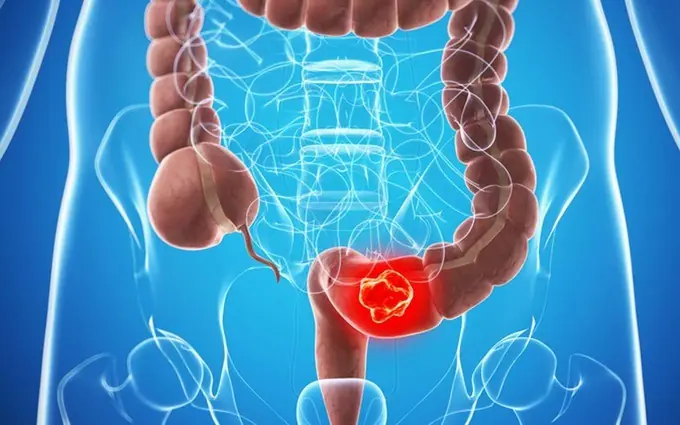
Warning Signs in Bowel Movements That May Indicate Colon Cancer – When to See a Doctor Immediately
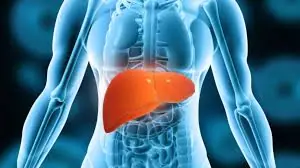
Alarming Rise: Liver Damage Linked to Supplement Use Sparks Scientific Concern
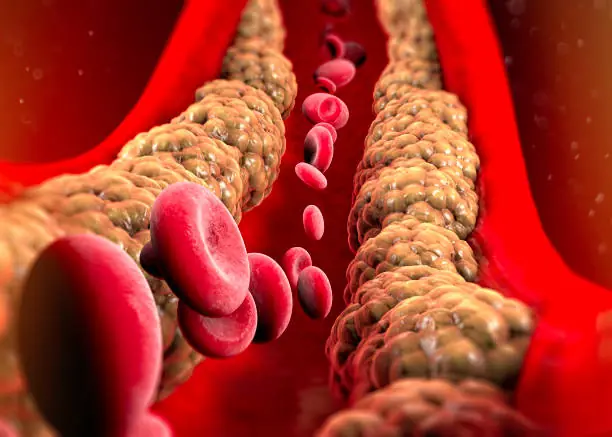
Scientists Discover an "Off Switch" for Cholesterol—Could Save Millions of Lives
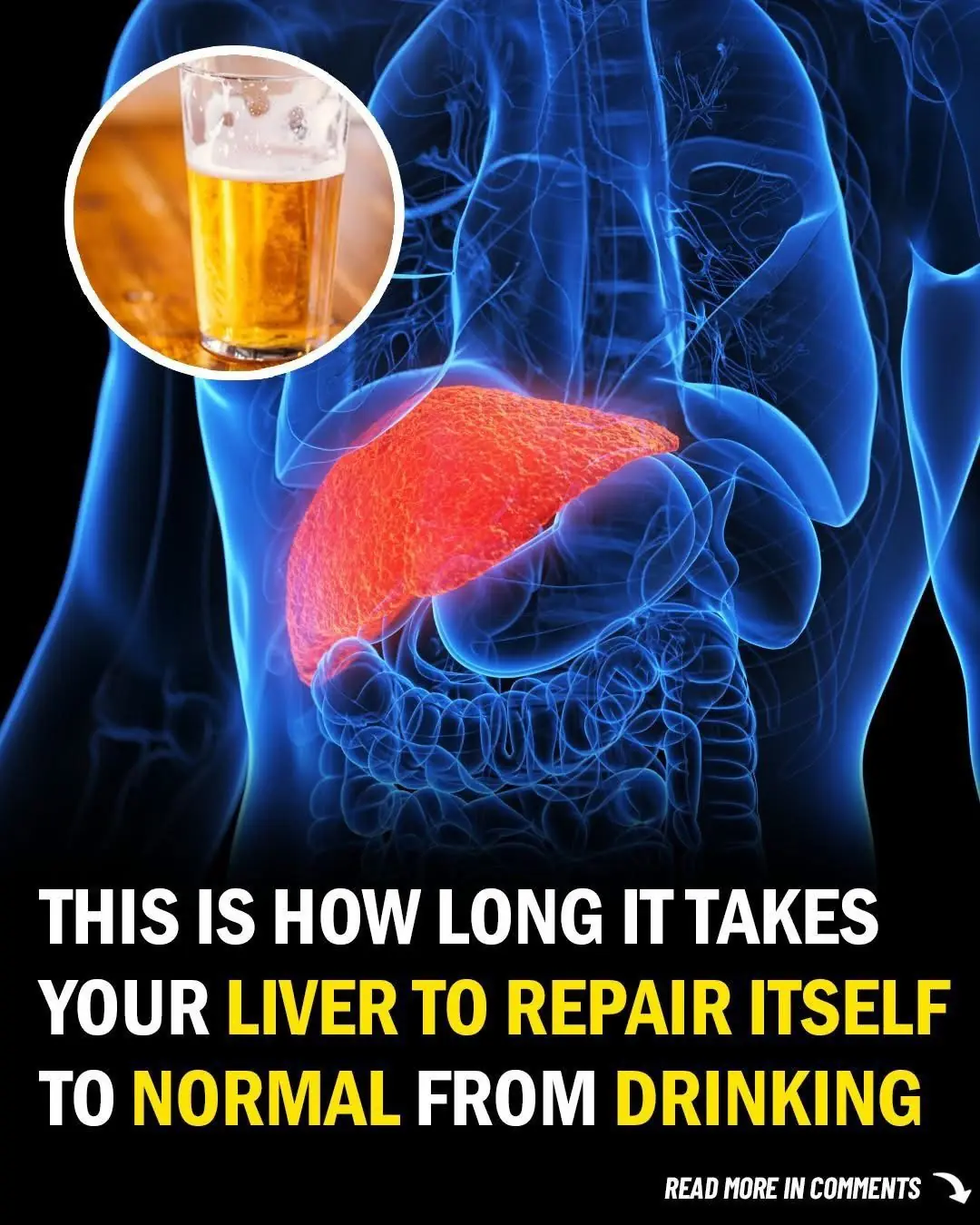
This Is How Long It Takes Your Liver to Return to Normal From Drinking

Can Your Eyes Reveal Diabetes or Cancer? Don’t Miss the Signs
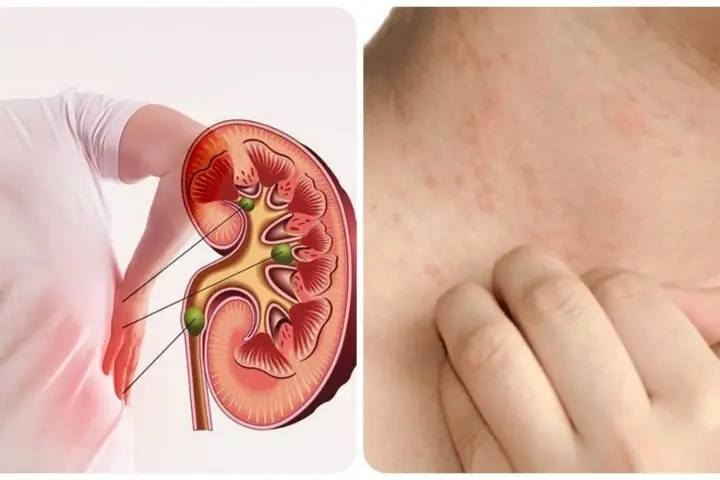
Clear Signs of Kidney Failure Everyone Should Pay Attention To
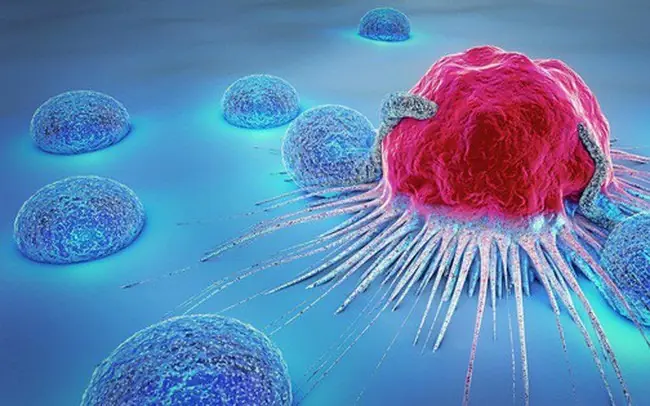
5 Typical Early Symptoms of Childhood Cancer: When to Take Your Child to the Hospital Immediately
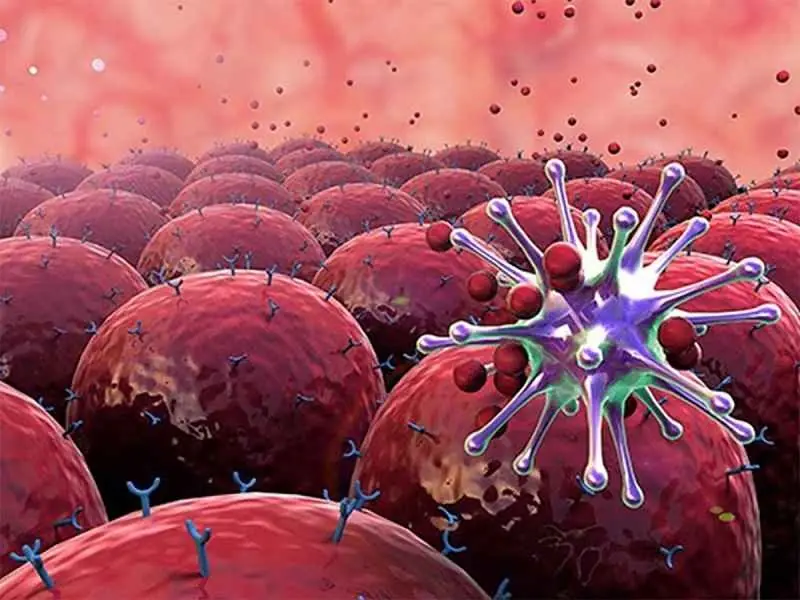
Doctor’s Warning: Early-Stage Lung Cancer Doesn’t Always Include a Cough – Watch for These 4 Unusual Signs
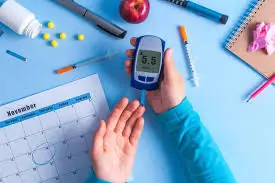
5 Early Signs of Diabetes That Many People Often Overlook

To Prevent Stroke, Remember the ‘3 Don'ts’ After Meals and the ‘4 Don'ts’ Before Bed — Stay Safe at Any Age
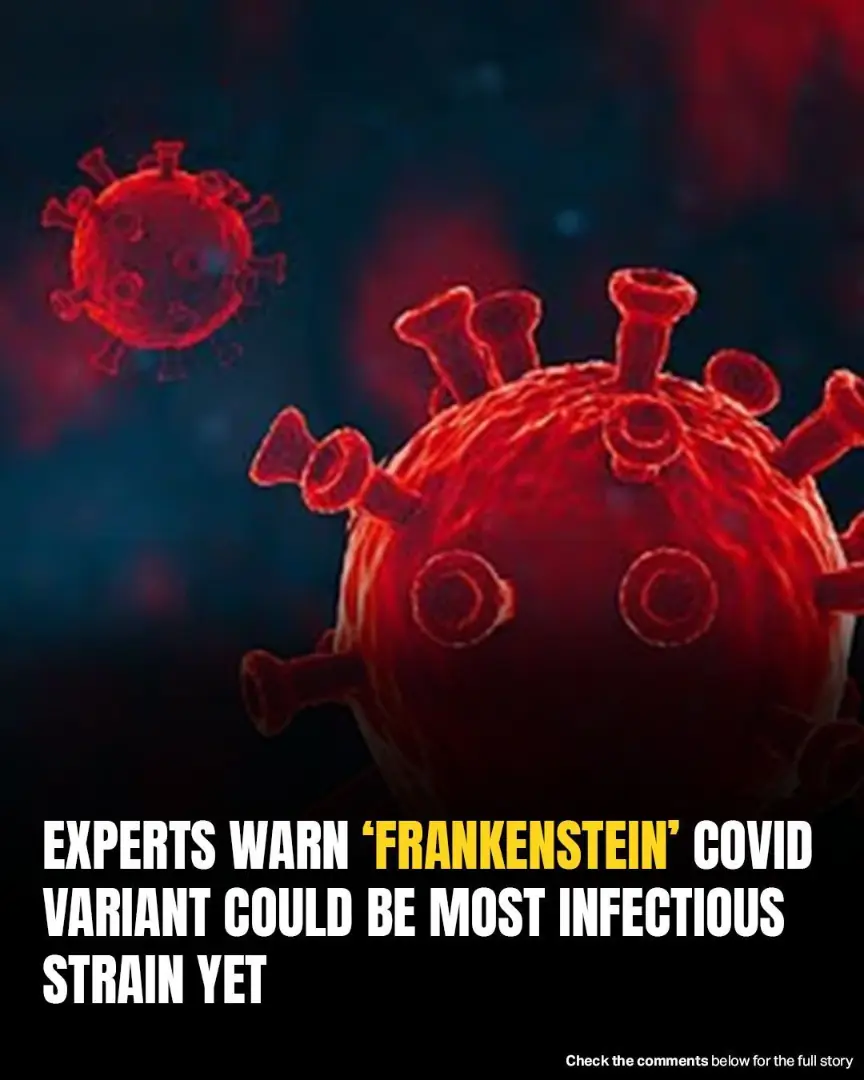
Scientists Warn: Most Infectious Covid Strain Yet Is Now Dominating
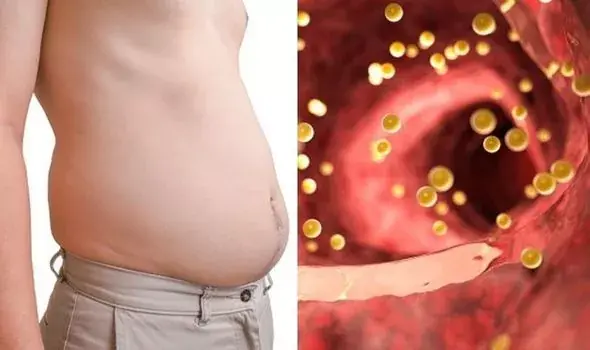
Bloated Stomach: 8 Common Reasons and How to Treat Them (Evidence-Based)

Foamy Urine: Why You Have Bubbles in Your Pee and When to Worry
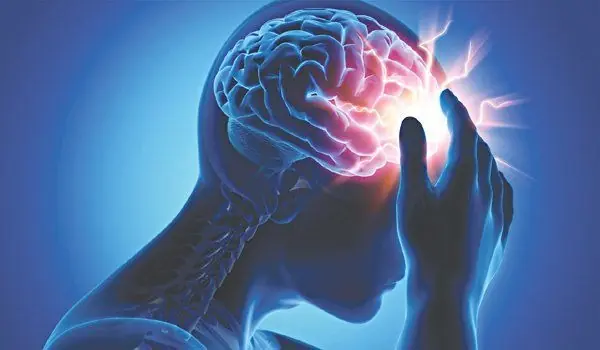
Notice These 4 Unusual Signs Before Sleep? Be Careful – They May Signal a Risk of Stroke
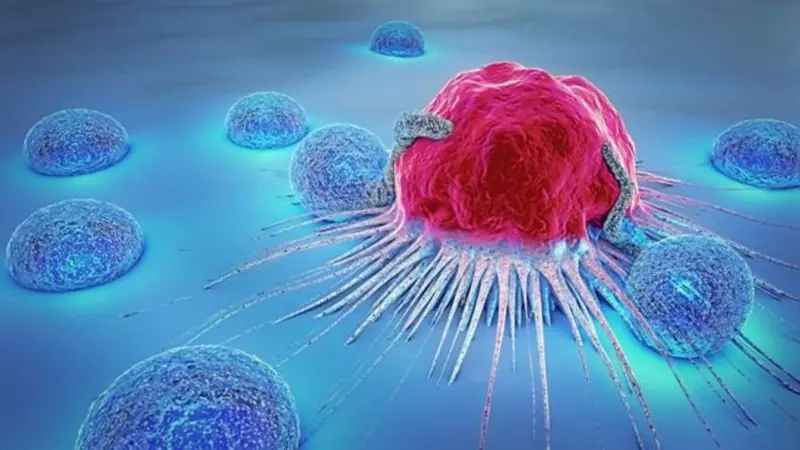
5-Year-Old Girl Diagnosed With Terminal Cancer: A Wake-Up Call for All Parents
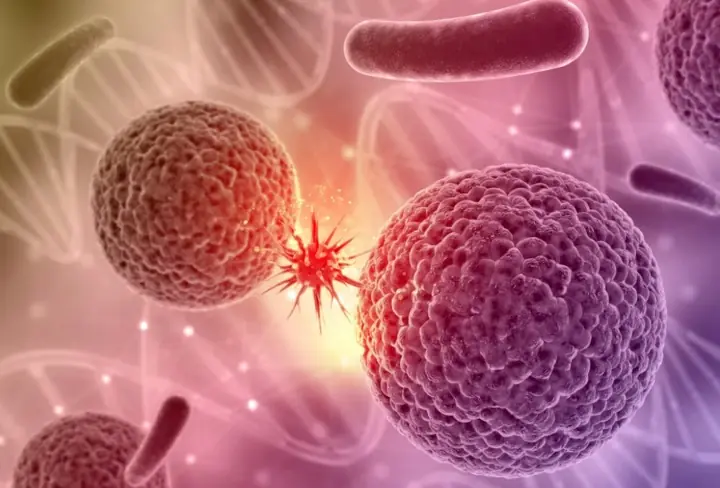
Good News: Successful Trial of Method That Destroys 99% of Cancer Cells
News Post

Birds Can Actually See Earth’s Magnetic Field—Thanks to Quantum Physics

If You Want Smarter Kids Teach Them Music, Not Coding, According to MIT

The ‘Ocean Spiral’: Japan’s Groundbreaking New Underwater City Will Run on Deep-Sea Thermal Energy

Scientists Aim to Teleport an Entire Human, This New Quantum Tech Can Make It Possible

Some Hotels in Iceland Have a Special Button That Will Wake You up if the Northern Lights Appear in the Sky

Humanity May Achieve the Singularity Within the Next 6 Months, Scientists Claim

4 Unusual Signs in the Neck That Could Be Symptoms of Cancer – Don’t Ignore Them!

More Young People Are Getting Stomach Cancer: If You Wake Up with These 3 Symptoms, Get Checked Immediately

Warning Signs in Bowel Movements That May Indicate Colon Cancer – When to See a Doctor Immediately

Alarming Rise: Liver Damage Linked to Supplement Use Sparks Scientific Concern

Scientists Discover an "Off Switch" for Cholesterol—Could Save Millions of Lives

A Missing Little Girl Who Was Featured On “Unsolved Mysteries” Has Finally Been Found

This Is How Long It Takes Your Liver to Return to Normal From Drinking
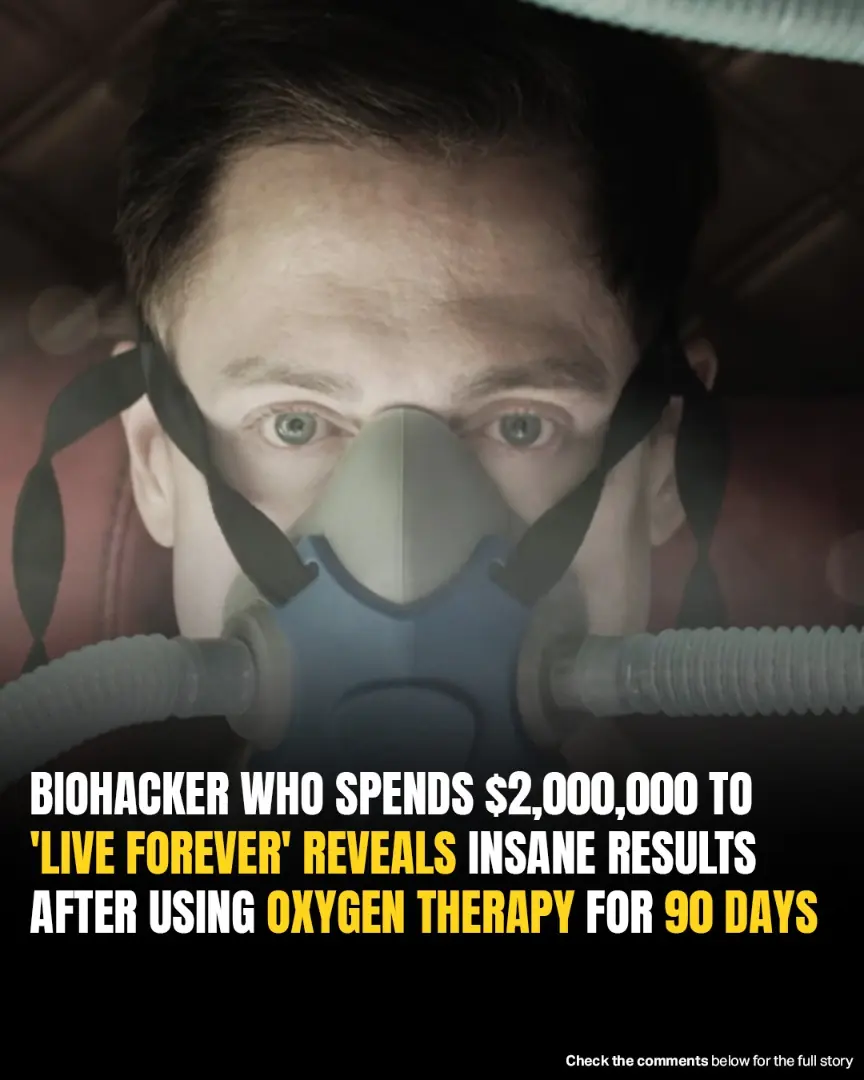
Biohacker Claims 90 Days Of Oxygen Therapy Reversed His Biological Age To That Of A 10-Year-Old

Tomato, Turmeric, and Sugar: The DIY Glow-Up Trick for Radiant Skin

7 Early Warning Signs of a Stroke – Recognize Stroke Symptoms FAST: THIS Could Save Your Life

🍃 People Love Papaya – But Most Don’t Know How Powerful Its Leaves Are! Here’s How to Use Them
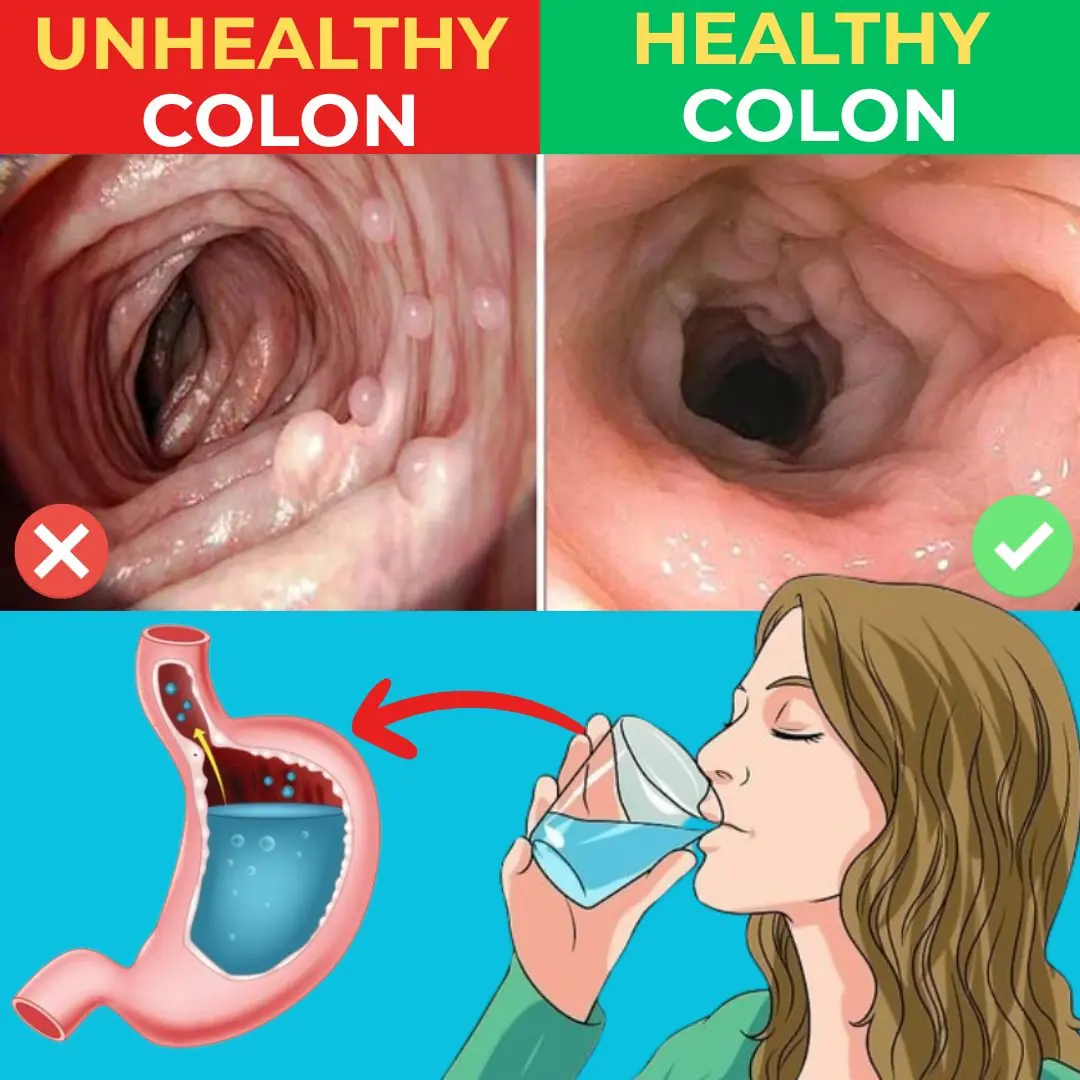
18 Lifestyle and Dietary Habits to Improve Gut Health and Digestive Issues
